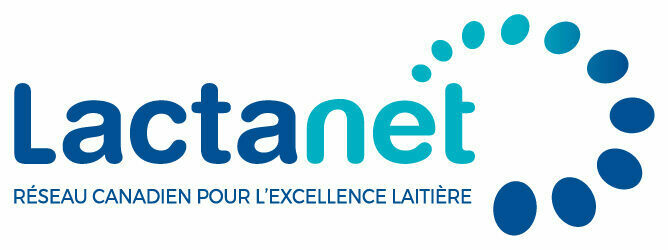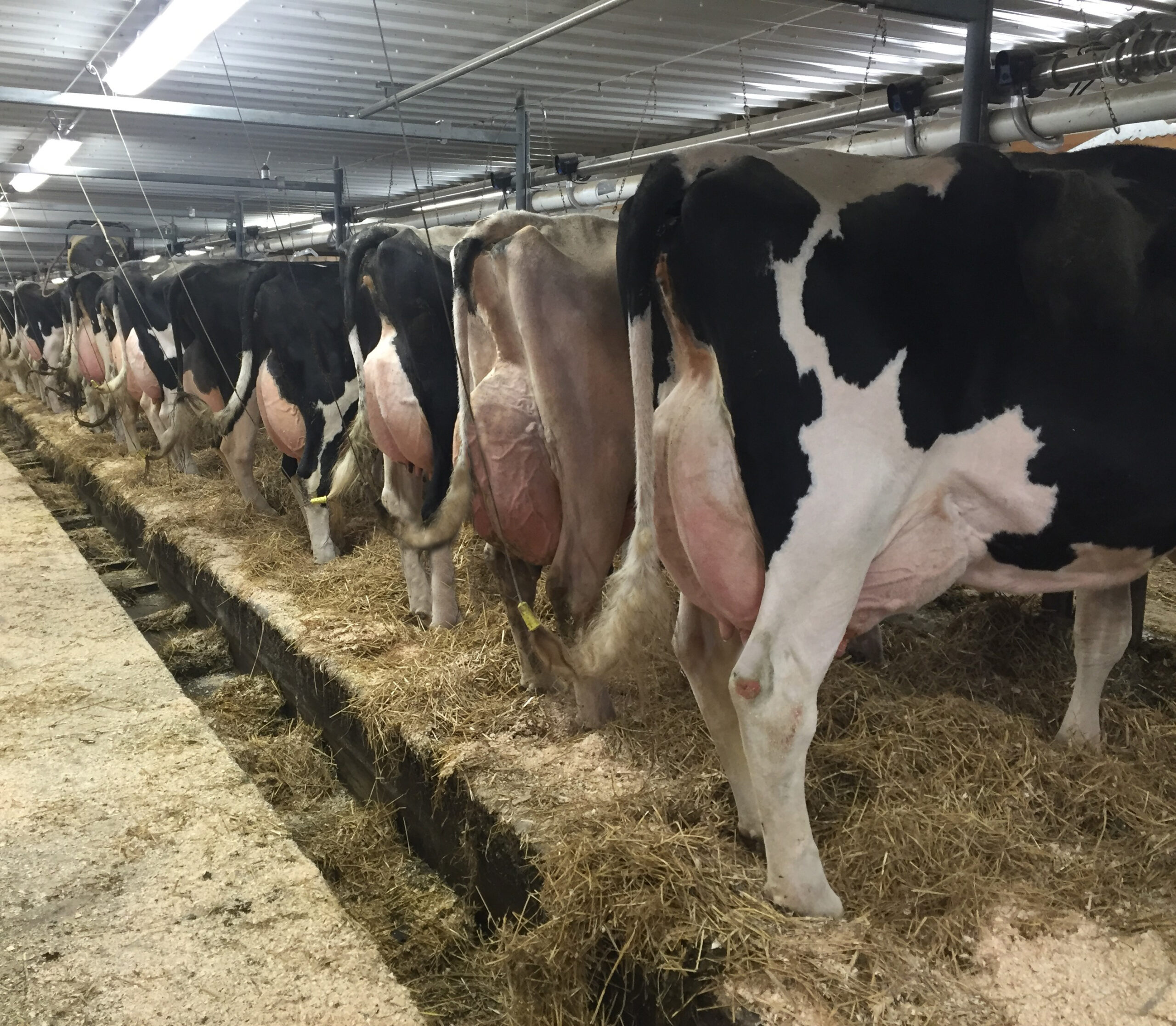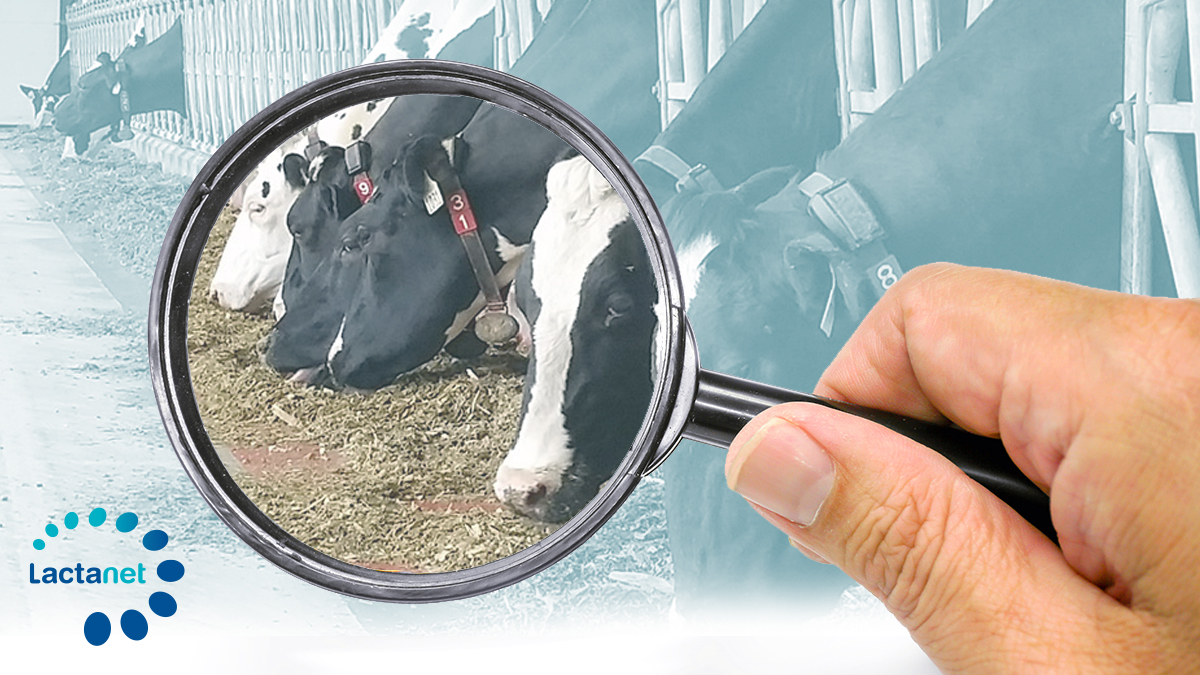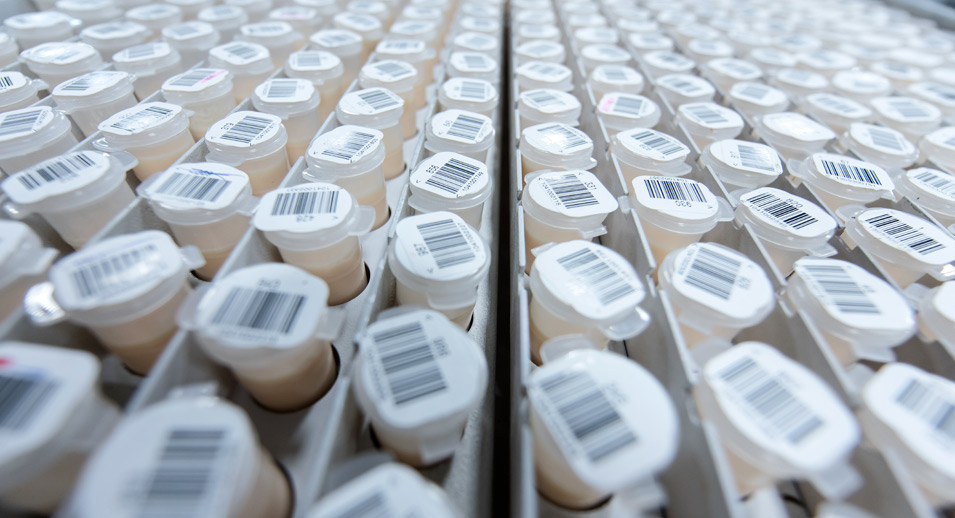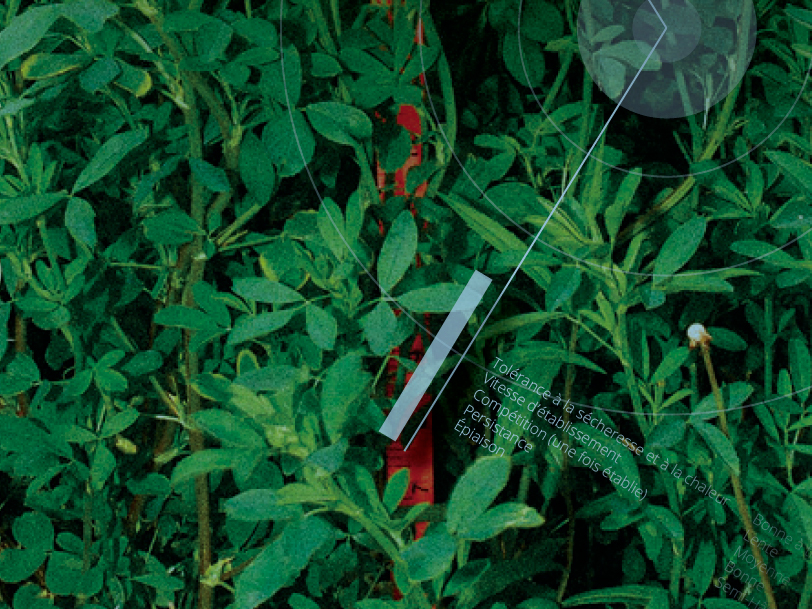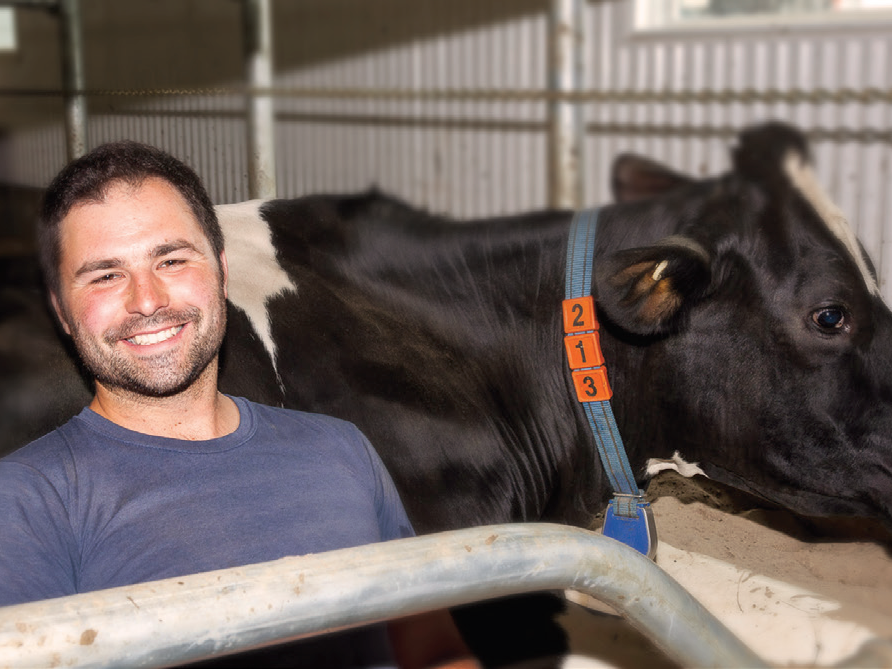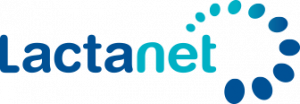Moo’ving forward with Dairy Data: Awareness and Value
- 29, January 2024
Summary Points:
- Data is a valuable asset with increasing significance in dairy farming.
- Data awareness involves understanding data ownership, governance, quality, security, and applications in dairy operations.
- Data awareness is crucial for improving welfare, sustainability, profitability, and trust in Precision Livestock Farming (PLF).
- Actions for dairy producers include participating in data literacy workshops, collaborating with peers, staying informed about AgriTech and data trends, advocating for data standards, aggregation/integration tools, transparency on the data ownership and governance, while engaging with industry experts.
Keywords: Farm Data Ownership, Data Governance, Data Quality, Data Security, Digital and Data Literacy, Welfare, Sustainability, Data Value.

Data is a prized commodity and asset, driving decisions and actions across various facets of life, including the modern dairy farm. Data generated by various sources, ‘things,’ is predicted to add $1.9 trillion in global value over the next five years. The Canadian dairy sector has significantly contributed to Canada’s GDP, with a ~31% growth from 2009 to 2015 (Dairy Farmers of Canada, 2018); this continued growth in the future for dairy producers will come from organizations fostering a strong data culture, which achieves higher success rates and greater returns from insight investments. As data volumes, varieties, and variability continue to grow, farmers and their teams need to develop an awareness of their data, and this can be defined as the understanding, recognition, and appreciation of the significance of data in all aspects of dairy farming operations, improving welfare, sustainability, and profitability. Data Awareness encompasses:
Ownership and Governance: Recognizing that this data is an asset that can be harnessed for better decision-making. In 2022, Dr. Fadul wrote, “Most farmers and non-farmers agree that the farmer owns the raw data produced on a farm, yet they don’t remember signing an agreement and don’t have control on how their data are used.” While it’s widely accepted that farmers own the raw data produced on their farms, many AgriTech suppliers claim to support farm data ownership but often fall short in providing comprehensive data management systems and solutions tailored to individual farms and their data governance needs.
Governance involves establishing policies, procedures, and standards for managing data on the farm, ensuring it is used responsibly, ethically, and in approved ways. Governance also extends to the transparency of terms and conditions of data agreements and data sharing agreements with farm-level AgriTech or data service providers. A network of stakeholders led by the University of Wisconsin-Madison wrote a 2021 paper titled Data Governance in the Dairy Industry, highlighting that the idea of a contractual agreement is not enough to ease the concerns with data generators and the participation of farmers in the data economy. Transparency and clarity in these agreements that address data sharing and governance policies are critical to establishing the trust needed with farm-level data.
Collection, Quality, and Security: Being conscious of the methods and tools used to collect data on farms, i.e., sensors, monitoring systems, and software applications, is part of data governance and ownership. How data is gathered through aggregation is fundamental to data awareness—recognizing the importance of accurate, reliable, and consistent data. Data aggregation involves collecting and consolidating data files, while integration merges data points for added insights. Data aggregation precedes integration. Data awareness involves an understanding that some farm-level data will be shared with agreed and approved partners for support and value. Quality is an imperative part of farm-level data awareness. Producers and their support teams should be capable of assessing their data independently of third-party AgriTech suppliers.
This ensures data transparency and reliability, which is critical in differentiating between environmental, animal, and Agri-tech-related issues, generating higher-quality data. Garbage in is Garbage out (GIGO) with data collection; data value is also acutely related to the overall Veracity or Quality of the data. Without Veracity, there is no value in insight, research, or benchmarking that requires high-quality and consistent data. Data quality data directly impacts the value and use of future tools like machine learning and artificial intelligence. In addition, there is the need to protect farm data from unauthorized access, cyber threats, and breaches. Data awareness includes recognizing that data security is essential for preserving the integrity, confidentiality, and value of farm information.
Application and Continuous Learning: Grasping how data can be applied to various facets of dairy farming, how that data can be applied to descriptive (“what is”), diagnostic (“what’s wrong”), prescriptive (“what should be done”), and predictive (“what if”) decision support is a crucial facet of data awareness. Embracing a mindset of continuous learning and improvement regarding data-related practices. Staying informed about the latest developments in data technology and best practices is essential for success in modern dairy farming. While not everyone needs to become a coding expert, engaging with data tools and terminology is necessary for effective data management and Precision Livestock farming (PLF).
Actions for Dairy Producers:

Data awareness is not just a buzzword; it’s the keystone of modern dairy farming. By understanding data ownership, governance, quality, security, and embracing digital literacy, dairy producers can unlock the potential of data to improve their operations and profitability while improving animal welfare and contributing to the industry’s sustainability. Trust is critical for PLF; the journey begins with a fundamental awareness of data’s role in shaping the future of dairy farming.
Author’s Note: Daniel Foy, Co-Founder & CEO at AgriGates.io, and Dr. Liliana Fadul from Lactanet, Canada have collaborated for over five years on various projects, starting at the Dairy Brain at UW Madison and continuing with podcasts and group sessions on data ownership, infrastructure, and quality on dairy farms. Their shared goal is to raise awareness and bring value to producers and their farm-level data in North America.
